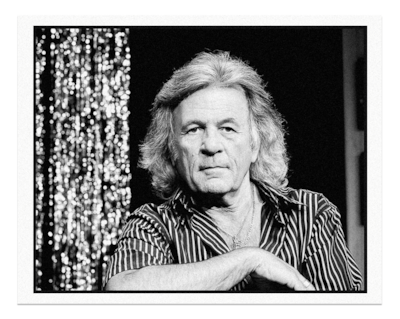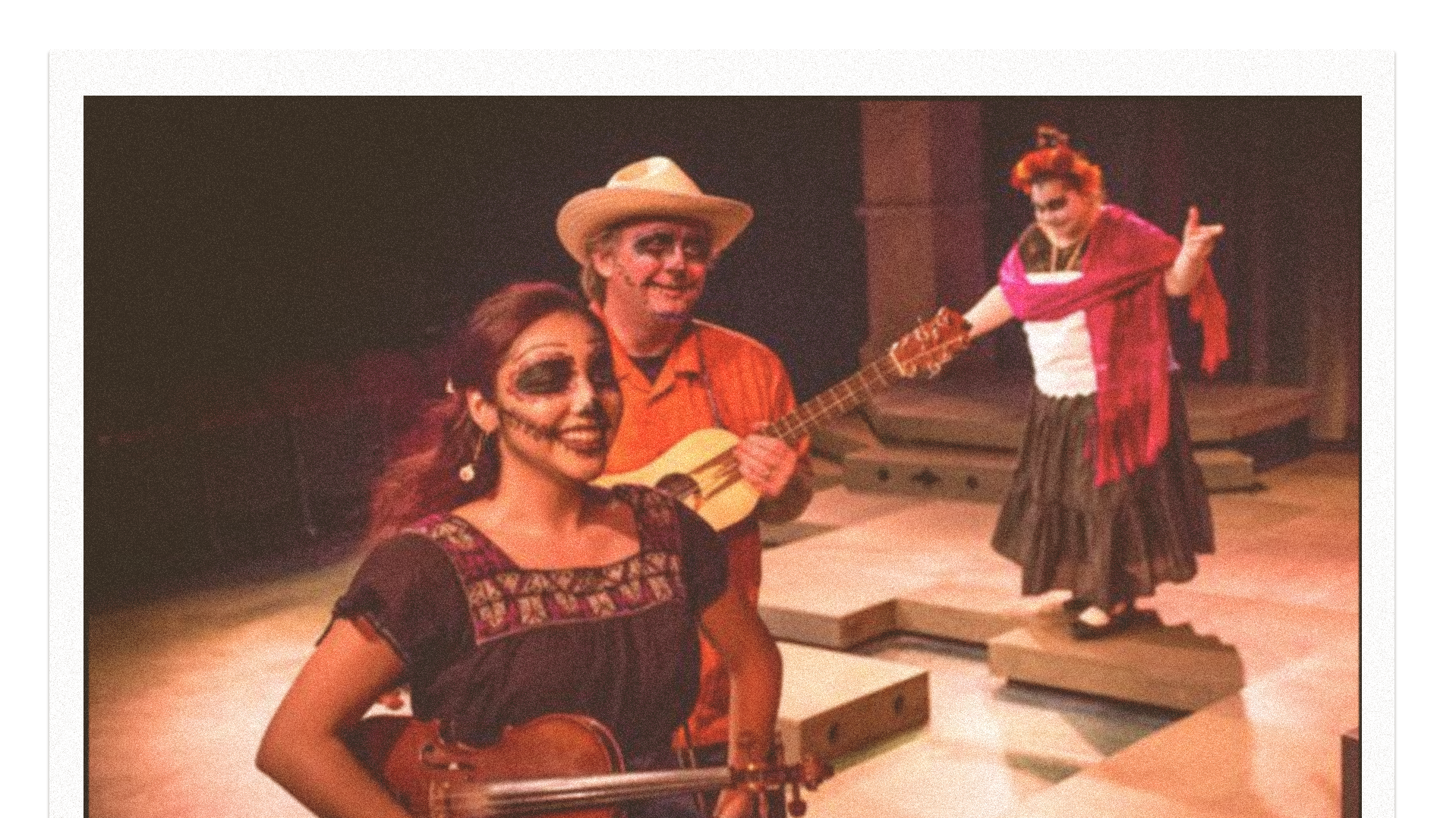Theater has survived movies, radio, TV, the internet, smartphones, pandemics, and TikTok. Why? Because theater is not just about entertainment—it’s also about empowerment. Portland’s theater scene has proven remarkably resilient, thanks to the sweat, tears, and greasepaint of a hardy band of heroes. Here are three. (We’d choose more, but we ran out of space.)
Triangle Productions: Established in 1989 by Don Horn, Triangle is one of the longest-running LGBTQ theaters in the nation and renowned for unflinching, provocative shows like Bent, Beirut, and Vampire Lesbians of Sodom.
The company won national attention for its production of Tonya & Nancy: The Rock Opera. Horn also wrote and staged The Many Shades of Being Darcelle, a musical about Portland’s legendary drag queen.

Horn has kept Triangle running for 35 years, and does everything from writing the scripts to cleaning the toilets. “Theater can go in a barn outside, it doesn’t matter,” Horn says. “It’s what happens when you’re at the theater that matters.”
Milagro Theatre: Founded by executive director José González and creative director Dañel Malán-González in 1985, Milagro has been a lynchpin of Latino culture in Portland. González says a turning point was Milagro’s first audition. Some 130 actors responded. “It was inconceivable that there were so many people who really had such a strong desire to express themselves creatively but had no other outlets available to them,” he says.
Milagro decided to commit to plays written by Hispanic playwrights, hiring Hispanic actors and appealing to Hispanic audiences with often bilingual productions. The formula worked. Milagro put on a Hispanic Cultural Festival, built itself a theater, and launched a touring group, an educational program, and an outreach program to reach new audiences.
“It’s good to have money in the bank, but it’s good to have friends in the bank, because when times are tough, it’s your friends who come to your rescue,” González says.
Oregon Children’s Theatre: In 1990, Sondra Pearlman formed Oregon Children’s Theatre with the vision of giving young people their first exposure to theater and the performing arts through field trip performances. Perhaps no single person did more to share the magic of theater with generations of Portland children.
OCT continues to focus on entertaining and inspiring kids through the power of the stage. Its acting academy offers classes and workshops where young people can find their voice and gain confidence playing new roles. OCT hit some tough times after the pandemic: It lost its stage on Northeast Sandy, took a hit from funding cuts, and had to make costly repairs after a massive ice storm. But OCT has fought back with shows like the musical Cat Kid Comic Club and its teenage improv troupe to reach more than 120,000 kids this year.
Support the arts: Go see a show already! There’s something for everyone. In addition to the places above, the Northwest Children’s Theater has been putting on family-friendly shows and offering acting training since 1993 and recently moved into an expansive new space called The Judy on Southwest Broadway. Portland Playhouse has won audience support with incredible outreach to underserved theater communities. It offers shows specifically for the BIPOC community, has regular pay-what-you-can productions, and stages performances in which people with sensory issues or other atypical processing disorders are welcome.
Next Story: 1989: Drugstore Cowboy
 Opens in new window
Opens in new window

